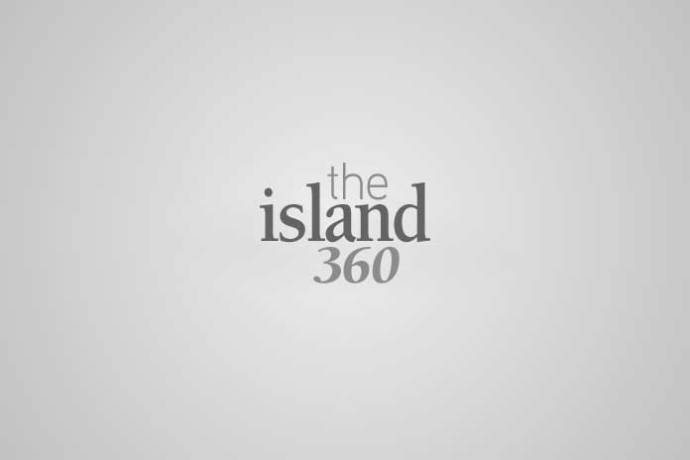It has been an interesting century, don’t you think? It started with 9/11, followed by the global economic collapse in 2008, and the worldwide COVID epidemic in 2020. It’s been an eventful, fast-moving and disturbing century so far and shows no signs of slowing down. It is time to begin guessing what the 21st century will be labeled.
The 19th century was referred to as The Victorian Age with its class system, strict social structure, rigid values and the need to repress instincts. This led to psychological symptoms like anxiety, phobias, hysteria, neurasthenia and the need for a Freud to create psychoanalysis.
The 20th century had a very different flavor to it and the age of anxiety slowly gave way to The Age of Narcissism, thanks to a tsunami of media and advertising images instilling a hope that we all could achieve specialness if we bought the right things by using our credit cards often enough. The 20th century was marked by the ascendance of the print media, which toppled the office of President Nixon thanks to investigative journalism. The entertainment industry toppled other cultural institutions, including parenting (i.e., “Married with Children,” “The Simpsons” and “ Ferris Beuller’s Day Off”).
We are nearly 25 years into the 21st century. The last century fades away. What should we call the 21st century? Here are the five main characteristics of the 21st century:
1) SPEED: Speed is a key quality of the 21st century. The 21st century citizen loves coffee, cocaine, adderall and fast cars. We want what we want instantaneously.
2) DISTRACTIBILITY: Adults and kids can no longer focus. More children are being diagnosed with ADHD. There is not a day goes by where one of my adult patients, worry that they have Attention Deficit Disorder. Society’s favorite new term is FOMO, which stands for Fear Of Missing Out. There is always some fun thing to do that you hear about and this instills a distracting, envious wish to be elsewhere.
3) EXHAUSTION: Another central hallmark of the 21st century is exhaustion. We are overworked, overspent and sleep-deprived. Who wants to go to bed if you can binge on another hour of your favorite television series? And it costs money to have all those TV channels so you have to keep working in order to pay for your television addiction.
4) RAGE: It does not take a genius to see that America is filled with a growing rage. Thanks to income inequality, social isolation, shame and envy, we now witness school shootings, mass shootings in malls, hyper competitiveness on the playing field and a general hatred for our fellow man.
5) LONELINESS: Research shows that loneliness is a growing problem as we become increasingly cocooned within the world of electronic media. The Nobel Prize in Literature has recently gone to writers whose body of work focuses on loneliness. Both Kazuo Ishiguro and Han Kang’s novels involve the impossibility of finding a connection with others. Twentieth century writers Albert Camus (“The Stranger”) and Samuel Beckett (“Waiting For Godot” and “The Lost Ones”) both predicted this state of affairs.
The new world of the 21st century is frenzied, unfocused, exhausted, angry and lonely. If you don’t have these traits, congratulations and send me a postcard from your home in Hawaii. So outside of Hawaii, the image that best exemplifies our current state of mind is the zombie, that undead creature that occasionally is roused and runs about in a frenzy to bite you. But who wants to hear that the 21st century’s best representative is the walking dead?
So let’s go easy on this and say that the 21st century will become known as The Age of Loneliness. I have no doubt that within 20 years there will be a new personality disorder appearing in our diagnostic manual and it will be called The Loneliness Syndrome. We have become increasingly siloed in and have only our TVs and smart phones to keep us company.

